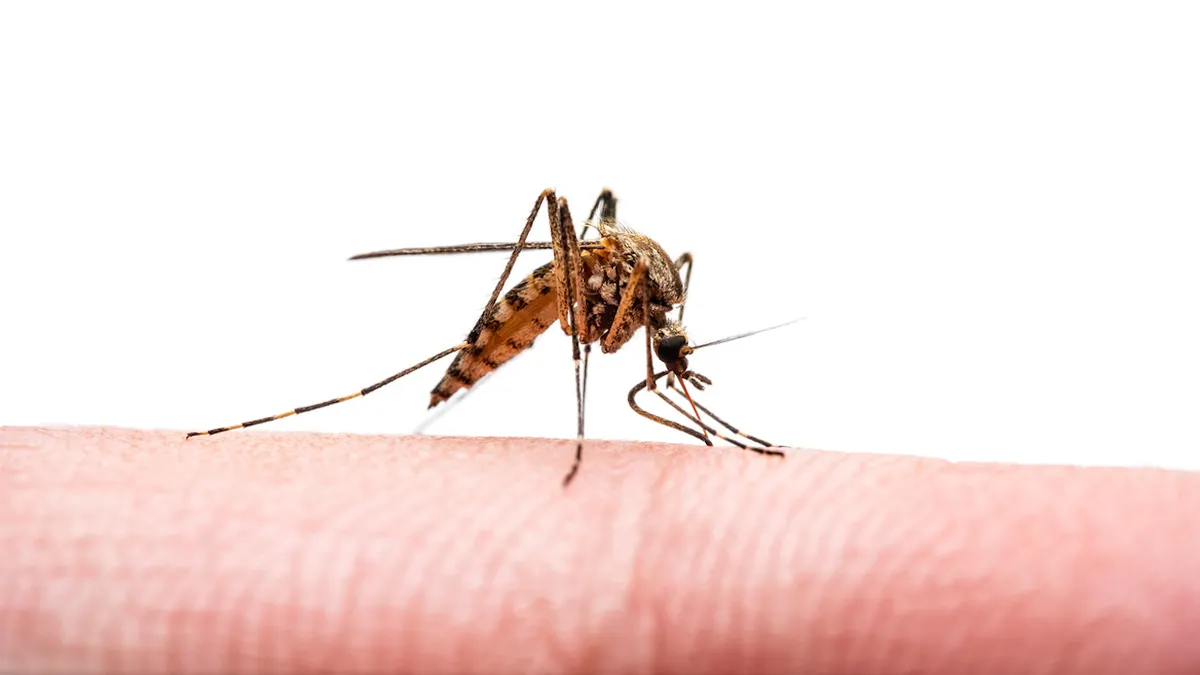Tuberculosis testing commenced on Saturday for hundreds of children in Omaha, following potential exposure to the disease at a drop-in day-care program.
Infants, toddlers, and children were among those affected, requiring urgent testing due to their heightened vulnerability to tuberculosis.
Local health officials stated that over 500 children need to undergo testing within a week, with younger children receiving preventive medications.
The situation is considered critical, as tuberculosis can progress rapidly and cause severe illness, particularly in young children.
“This is an urgent situation,” remarked Justin Frederick, deputy health director in Douglas County, Nebraska, during a briefing with reporters. The health department was poised to declare a public health emergency.
Tuberculosis primarily affects the lungs but can also lead to meningitis and impact other organs in children.
Lindsay Huse, Health Director of Douglas County, emphasized the necessity for swift action to prevent severe illness, collaborating closely with Children’s Nebraska pediatric hospital to facilitate immediate testing over the weekend.
“The priority is to prevent severe illness in young children,” stated Huse on Saturday. “Our goal was to ensure prompt testing for the children as soon as possible.”
The potential exposure occurred at a YMCA day-care facility, where parents leave their children while using the gym or other facilities.
Due to the asymptomatic nature of tuberculosis in some individuals, health authorities notified everyone who had contact with the affected person from May to October, resulting in a large pool of potential exposures.
By the week of November 20, health officials expect to have a clearer understanding of infection rates among the children and determine if further testing is necessary. Results for younger children are anticipated by midweek. Any confirmed cases could lead to an expanded testing effort.
While tuberculosis cases are reported annually in the United States, with 8,300 cases documented in 2022, the scale and risk to children in Nebraska posed an unusual scenario, according to local health officials.

“We need to act swiftly given that this involves children,” emphasized Frederick following a public meeting with parents. “If it were adults, our approach might differ, but with children, we are taking this very seriously.”
The United States has made strides towards eliminating tuberculosis and no longer administers vaccinations for it. Despite a decline in reported cases during the peak of the pandemic, numbers have risen again recently.
Symptoms of tuberculosis include a persistent cough, chest pain, fatigue, fever, and night sweats. Unlike COVID-19 or common colds, tuberculosis spreads through airborne transmission from coughing, sneezing, speaking, or singing.
It does not transmit through surfaces, handshakes, or shared food or drinks, as per the Centers for Disease Control and Prevention.
“While tuberculosis is not as contagious as COVID-19 or the common cold, prolonged exposure in enclosed spaces with an infected person can lead to transmission,” clarified Huse.
Up to 13 million Americans may harbor latent TB infections, remaining asymptomatic but at risk of developing active tuberculosis in the future.
Investigations are ongoing regarding the source of the infection in Nebraska, where the affected individual, who is currently isolated and under treatment, began experiencing symptoms in late August but was only tested for TB this week.
The county health department swiftly mobilized upon learning of the confirmed case, collaborating with the YMCA to review attendance records and notify potentially exposed families. Most families have been contacted, and as of now, no concerning symptoms have been reported.
“We are casting a wide net to test anyone potentially exposed,” assured Huse.
Children aged 4 and under, exposed within the last 10 weeks, underwent testing at the children’s hospital over the weekend and received preventive treatment. Those over 5 years old or exposed more than 10 weeks ago are scheduled for testing at a county clinic later in the week.
Huse estimated that approximately 250 children fall into the first group, with another 300 in the second. Children exposed within the last 10 weeks will require a second test 10 weeks after their initial one.
Health officials remain hopeful for negative test results but are prepared to manage any confirmed cases.
“The situation could evolve, but we are cautiously optimistic it hasn’t spread further,” concluded Huse.
